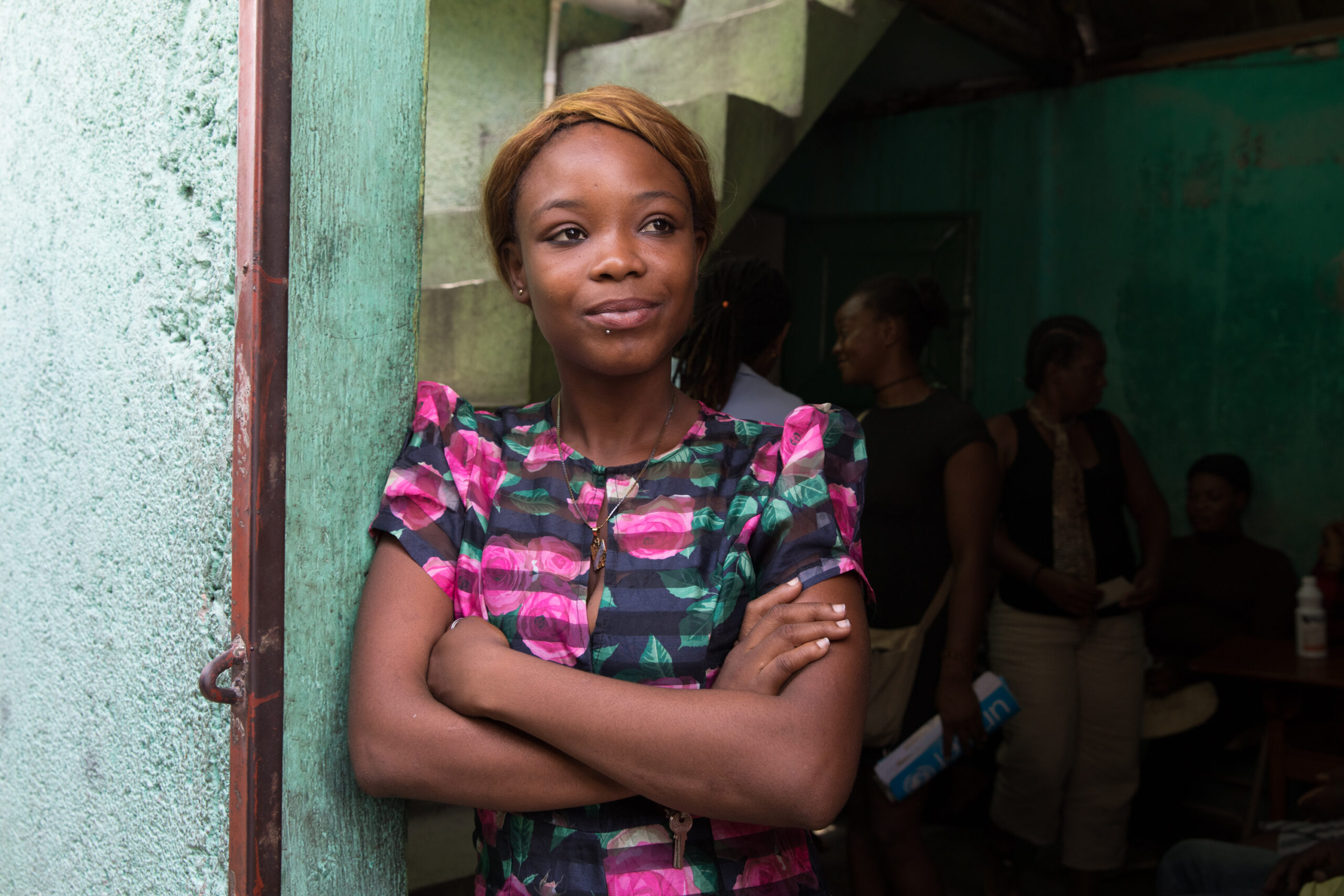The Right to Reproductive Health: Supporting Girls to Take Charge of Their Sexual and Reproductive Health and Rights

18-year-old Mirela hesitated as she peered around the clinic’s waiting room.
Women twice her age crowded the space. As the only teenager in the room, would they judge her for turning up for contraceptive counseling? She had so many questions about how she could prevent an unplanned pregnancy, but with judgment abound, she had no trusted source to ask. What if her family – or worse yet – her community knew she was here?
And what if the provider turned her away?
For girls like Mirela, the ability to make their own decisions about their bodies and their lives is too often blocked by mounting hurdles. From hostile legal environments that prohibit contraceptive use among young people and criminalize abortion, to pervading provider biases, harmful social structures and deep gender inequalities, girls like Mirela navigate entrenched barriers to taking charge of their sexual and reproductive health and rights (SRHR).
Population Services International (PSI is at the forefront in responding. Through Project Ignite, PSI is identifying and responding to market failures to deliver sustainable and effective linkages to adolescent and youth SRHR care cross Mozambique, Cote d’Ivoire, Haiti, India and Kenya. Projects such as these are vital to increasing access to high-quality healthcare and promote collaboration to resolving the challenges women and girls face while seeking out sexual and reproductive healthcare.
Mirela took a deep breath in, waiting for the nurse to call her in. Yes, she was nervous, but she’d shown up after seeing some of Project Ignites' promotions in her community.
“Mirela?” the nurse called.
Her warm smile and welcoming demeanor immediately put Mirela at ease. Together, they talked about Mirela’s dreams for her future and of the tools, like contraception, that could help her to achieve her plans of finishing school. The nurse walked her through the contraceptive options and the potential side effects, like menstrual changes.
Mirela knew what she wanted to do.
She chose a method on the spot, walking out feeling strong and confident by her ability to use her voice and choice. Now, three years later, Mirela still values the supportive relationship she’s maintained with the nurse and has since discussed the value of contraception with her now boyfriend and her parents—all of whom support her decision.
And best yet, Mirela achieved her goal of finishing school.
“Choosing contraception changed my life,” Mirela said. “Without it, I would have had children early, and I would not have completed my education.”
Founded more than 50 years ago, Population Services International (PSI) is a global nonprofit that encourages healthy behaviors and delivers affordable healthcare for individuals to live healthier lives and plan the families they desire. PSI brings innovation to scale through our presence in over 40 countries, our vast network of clinics, and community-based healthcare delivery.